Zongertinib Demonstrates 71% Response Rate in HER2-Mutant Lung Cancer Treatment
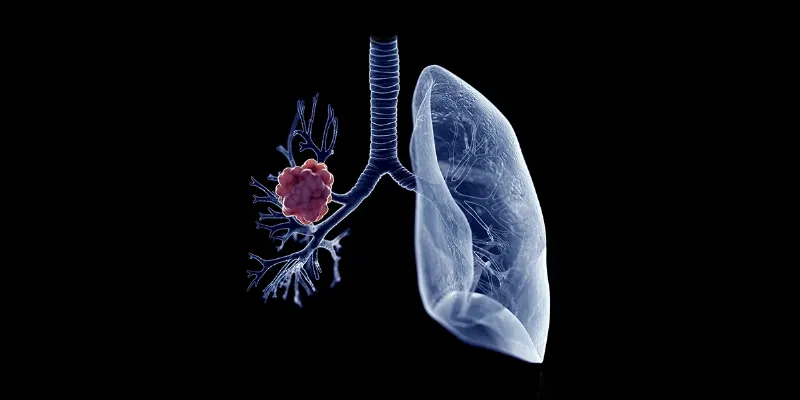
Zongertinib, an oral HER2-selective TKI, demonstrated a 71% objective response rate and 96% disease control in HER2-mutant NSCLC, with a median progression-free survival of 12.4 months and a favorable safety profile. Presented at AACR 2025, and granted FDA Breakthrough Therapy designation, these results suggest a promising and convenient option for targeted lung cancer therapy.
Boehringer Ingelheim’s investigational drug zongertinib may be poised to redefine the treatment landscape for a subset of patients with non-small cell lung cancer (NSCLC). New results from the Phase Ib Beamion LUNG-1 trial, presented at AACR 2025 and simultaneously published in NEJM, suggest that zongertinib offers a compelling combination of efficacy, durability, and tolerability for patients with HER2-mutated NSCLC—particularly those whose tumors harbor mutations in the tyrosine kinase domain (TKD).
This could mark a critical advance for the 2–4% of NSCLC patients with HER2 mutations, a group that has historically faced limited treatment options and poor prognosis. Until now, trastuzumab deruxtecan (T-DXd)—an antibody-drug conjugate (ADC)—has been the only FDA-approved HER2-targeted therapy in this setting.
However, its intravenous administration and notable risk for interstitial lung disease have limited its utility for many patients. Zongertinib, by contrast, is oral, well-tolerated, and selectively targets HER2 mutations without affecting wild-type EGFR—a molecular precision that may translate into fewer adverse events.
“These data presented at AACR 2025 suggest that zongertinib may offer a new approach to treating patients with non-small cell lung cancer with activating HER2 mutations,” said Dr. John V. Heymach, Chair of Thoracic/Head and Neck Medical Oncology at MD Anderson Cancer Center. “Notably, more than 70% of patients experienced a tumor response, which is highly meaningful for those with this subtype of lung cancer. If approved by the FDA, zongertinib would be the first oral, targeted treatment option that addresses an unmet need for these patients.”
A First-in-Class Oral Option
Zongertinib is a novel irreversible tyrosine kinase inhibitor designed specifically to inhibit HER2 mutations, including those within the TKD, while sparing EGFR. This selectivity appears to pay off. In the Beamion LUNG-1 trial’s primary cohort of 75 previously treated patients with HER2 TKD mutations, zongertinib achieved an objective response rate (ORR) of 71%, including 7% complete responses. The disease control rate (DCR) was an impressive 96%.
Crucially, responses were not fleeting. Median duration of response was 14.1 months, and median progression-free survival reached 12.4 months. For clinicians familiar with the typically short-lived responses in this disease setting, these numbers are striking.
Activity Beyond the TKD
Zongertinib’s activity was also tested in exploratory cohorts, providing early evidence of broader potential. In cohort 3—patients with HER2 mutations outside the TKD—30% achieved an objective response, with 65% disease control. While the duration of response and PFS were not yet mature in this group, the findings hint at the drug’s capacity to reach rare and less-characterized mutations.
| Endpoint | Patients with TKD mutations (N=75) | Patients with TKD mutations and prior HER2-directed ADC treatment (N=31) | Patients with non-TKD mutations (n=20) |
| ORR, % 95% CI | 71* 60-80 | 48* 32–65 | 30** 15-52 |
| CR, % | 7* | 3* | 0** |
| PR, % | 64* | 45* | 30** |
| DCR, % 95% CI | 96* 89-99 | 97* 84-99 | 65** 43-82 |
| Median DoR 95% CI | 14.1 months*** 6.9–NE | n/a | n/a |
| Median PFS 95% CI | 12.4 months*** 8.2–NE | n/a | n/a |
*Confirmed response by BICR according to RECIST v1.1 - **Confirmed response by investigator review according to RECIST v1.1 - *** Median DoR and median PFS are based on Kaplan Meier estimates
Perhaps most notably, cohort 5 included patients with HER2 TKD mutations who had previously received HER2-directed ADCs. In this challenging population, zongertinib achieved a 48% ORR and 97% DCR. Median duration of response was 5.3 months, and progression-free survival was 6.8 months—offering hope even after progression on established HER2 therapies.
Favorable Safety Profile
Across all cohorts, the incidence of grade ≥3 treatment-related adverse events remained low: 17% in the primary cohort, 25% in cohort 3, and just 3% in cohort 5. Importantly, no interstitial lung disease, cardiotoxicity, or treatment-related deaths were observed. Diarrhea, the most common adverse event (grade 1).
A Practice-Changing Therapy?
Zongertinib has already earned Fast Track and Breakthrough Therapy designations in both the U.S. and China, and was granted Priority Review status by the FDA in February 2025. The drug is also under evaluation in Beamion LUNG-2, a global Phase III trial comparing zongertinib to standard first-line therapies in patients with HER2 TKD-mutant NSCLC.
“Zongertinib has the potential to reset the benchmark for patients with HER2-mutant advanced non-small cell lung cancer, a patient population that has historically faced a poor prognosis,” said Itziar Canamasas, Global Head of Oncology at Boehringer Ingelheim.





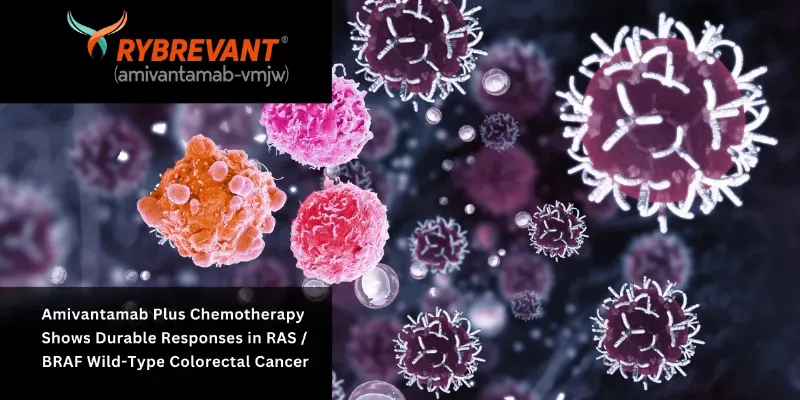
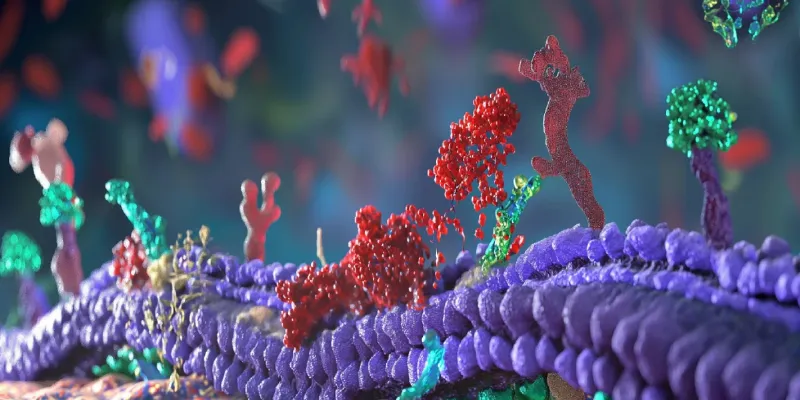
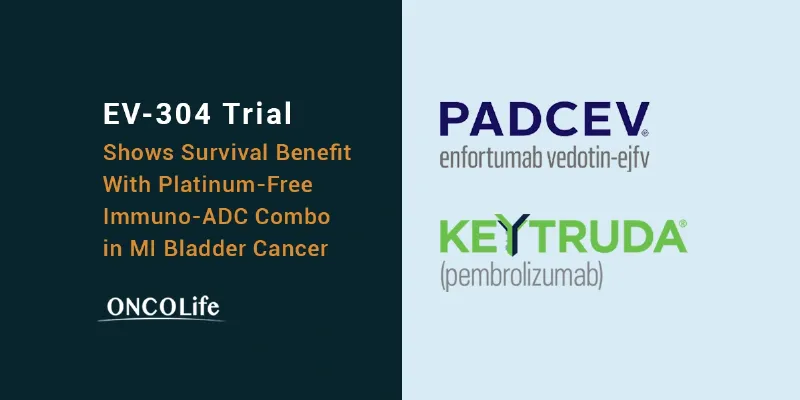
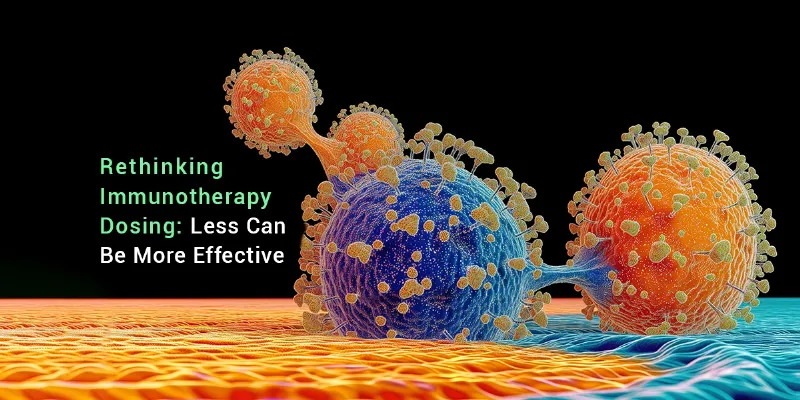
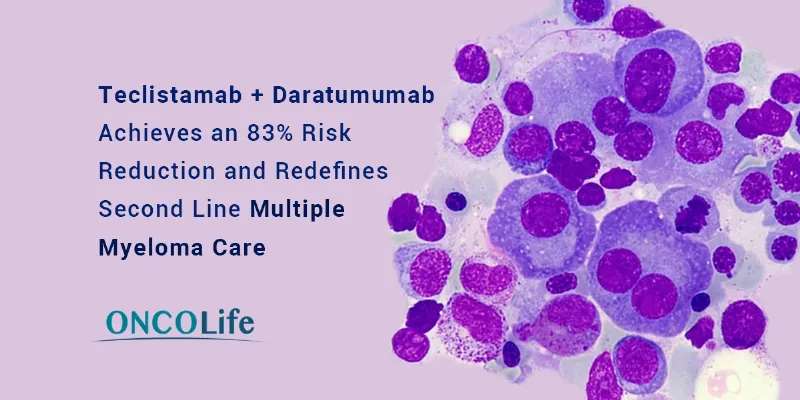
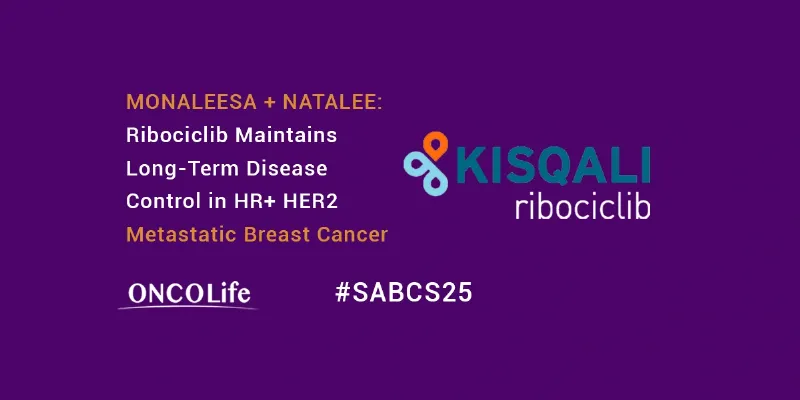
Comments
No Comments Yet!